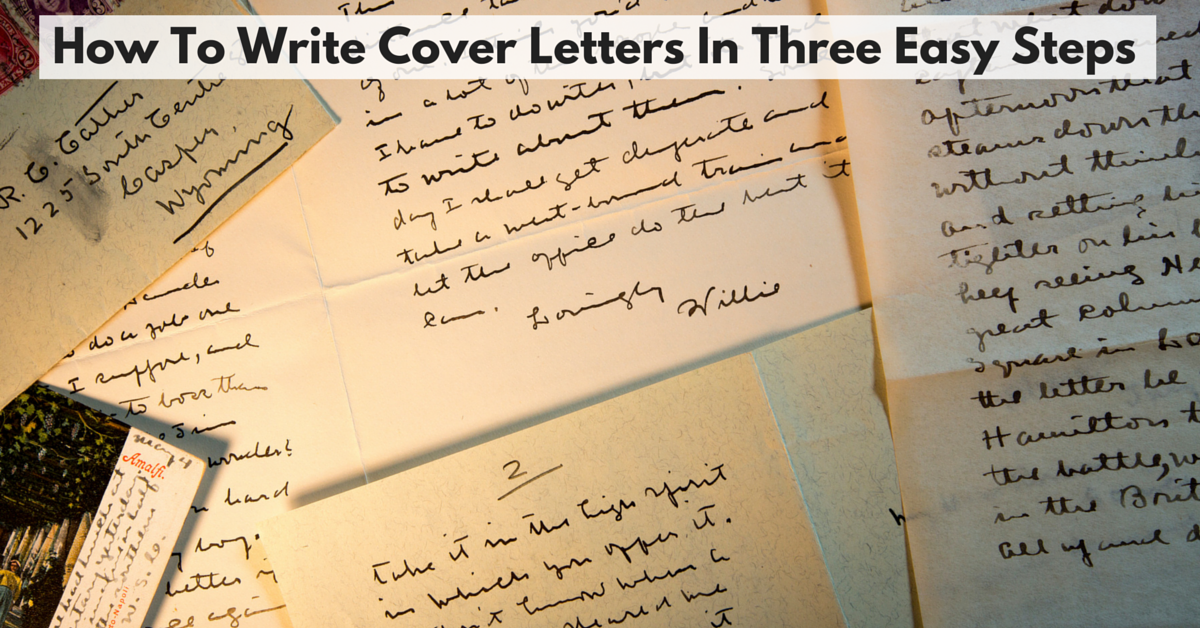Republished from A First Taste of Law Archives.
This article has been written by Bhavna Jha, from the graduating batch of NUJS (they are actually done with University as they finished writing their last exams) originally in her personal blog. We liked it so much that we asked for her permission to repost it. Read this carefully, and while enjoying her writing style – do not forget to apply what you learn. Over to Bhavna.
Over the last five years, I have had a fair number of friends have me go through their CVs and Cover letters prior to rushing off to the Owlery. Some of these were friends applying for a job to that enigmatic entity: the Foreign Firm, some were applying for internships to NGOs and policy research organizations, and some were friends applying to universities abroad. A couple, but only a few, were friends applying to indigenous law firms. (Don’t ask me why!)
College is just about done for me, and cover letters and CVs have been winging their way from my email account to various destinations. As a result, I have lately gained some personal insights into the art of writing cover letters. Further, I recently read Pallavi Pareekh’s write up on “cover letters that grab attention”, something you should definitely check out! Here, in this article, I am listing down some things that I have learned in my experience.
The cover letter is your way of conveying to the addressee the following three things:
1. What makes you want this position
2. Why they are important for you
3. Why you are good for them.
1. What makes you who you are.
Begin your cover letter by conveying to the reader your personal experiences. These experiences should explain why you want to do this job, or apply to this university, or for this internship.
For example, consider that you are applying for an internship at an NGO which works in the area of Labour Laws. The first part of your cover letter should begin with why you are interested in this subject area. You can describe your school environment, or something related to your life at home, or maybe an incident that took place in college or at a prior internship, or perhaps a discussion in a class lecture that lead to your interest in this subject. This paragraph should be engaging and conversational. Use it to give the reader an idea of your personality.
2. Why they are important for you.
Obviously, the reader must have understood some part of why you are applying to their organization or firm or university by now. In the second portion of your letter, you must explain what attributes of their organization make them the best place for you to enhance your knowledge in the subject of your interest. Do not actually compare them with other organizations. Instead, explain why the work they do, or courses they teach, are the kind of work/courses that you want to be doing/ taking. (Complainants would be well received here, but don’t go over the top. Sincerity is always the best course to take.) Keep this brief, because you don’t want to distract their focus from You.
E.g.: Tell the Labour Law NGO that they do cutting edge and “relevant” work, or that they write policy briefs that are tabled in front of Ministers and helps in shaping laws and policies, and that is exactly the kind of work you see yourself doing.
3. Why you are good for them.
The concluding paragraph is best utilized for extolling your own virtues, and singing your own praises. Be modest, but be lucid about what your talents are, and why a combination of your talents, interests and experience(s) shall be a great asset for them. Tell them why You + Them = A Great Team!
E.g. Tell the Labour Law organization that you are great at writing. Show them proof of this claim by mentioning here that you were part of the Editorial Board for your University’s Law Review, or that you are a great researcher and have done two moots, one being on labor law, or about how an internship at another policy research organization gave you great experience writing policy briefs.
Use this paragraph to integrate the claims on your CV in a way that reflects your suitability for this post.
4. Conclusion.
Conclude with reiterating why You + Them = A Great Team, but more gently. Remind the reader how grateful you shall be if they consider you for the position. Sound enthusiastic, but stay polite.
Some very important things
1. Ensure that the tense you use remains uniform throughout, unless the context requires a change in tense.
2. When transitioning between paragraphs or even sentences make sure that there is continuity in thought process. Don’t jump into a new/ different idea; ease into it.
E.g.: “Among other things, I have handled a lot of responsibility as a member of the Election Committee. Labour law is a very interesting area of study as it has real life implications.” <— This is a bad jump.
Instead, try: “… I have handled a lot of responsibility as a member of the Election Committee. The best part of this experience was the knowledge that my work had indirect but tangible impacts on the quality of college life for most students. Work in labour laws also possesses the same element of having real life implications.” The transition from one idea to another is much more organic in these three sentences.
3. Check your spellings and read your cover letter aloud to someone.
NB: On reading out loud, if it doesn’t make sense instantly, it won’t make sense to your reader. In such cases, edit.
4. Use short sentences. Use uncomplicated words. Use standard grammar. [Beware of grammar-Nazis! They could be hiding anywhere. And they usually aren’t very tolerant or generous people.]
When in doubt, Google. Always remember, it’s better to err on the side of the Oxford comma.
Ta-da! You’re ready to send!
Found this on huff post 😀
I am, as of now, anxiously awaiting responses to emails where you may “kindly find attached” my CV and Cover Letter. Being a firm believer in Karma, I hope this write-up helps you write a kick-ass cover letter. For all I know, it will enable you to get that job you really want, leaving space for me to fill in your entry-level shoes.
#Note: The above “general writing tips” have been absorbed, processed, applied and only then expressed in the above form by the writer. They are attributed with the utmost gratitude to Prof. Saurabh Bhattacharjee, NUJS. His comments on the writer’s Labour Law and Law and Impoverishment project papers are the (chronologically) second most useful writing feedback she has received in her life.
 Serato DJ Crack 2025Serato DJ PRO Crack
Serato DJ Crack 2025Serato DJ PRO Crack










 Allow notifications
Allow notifications


